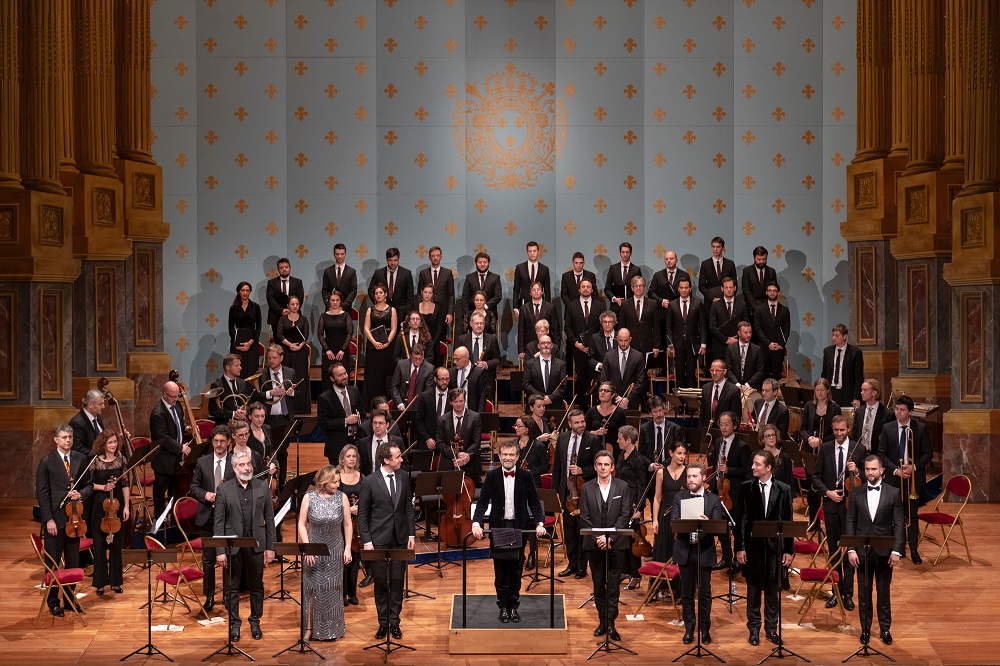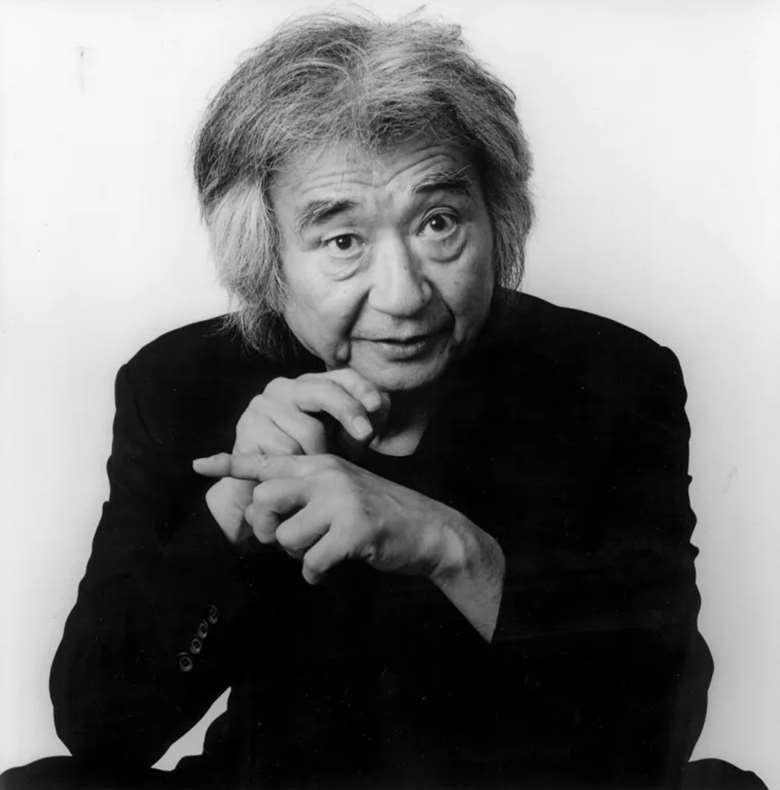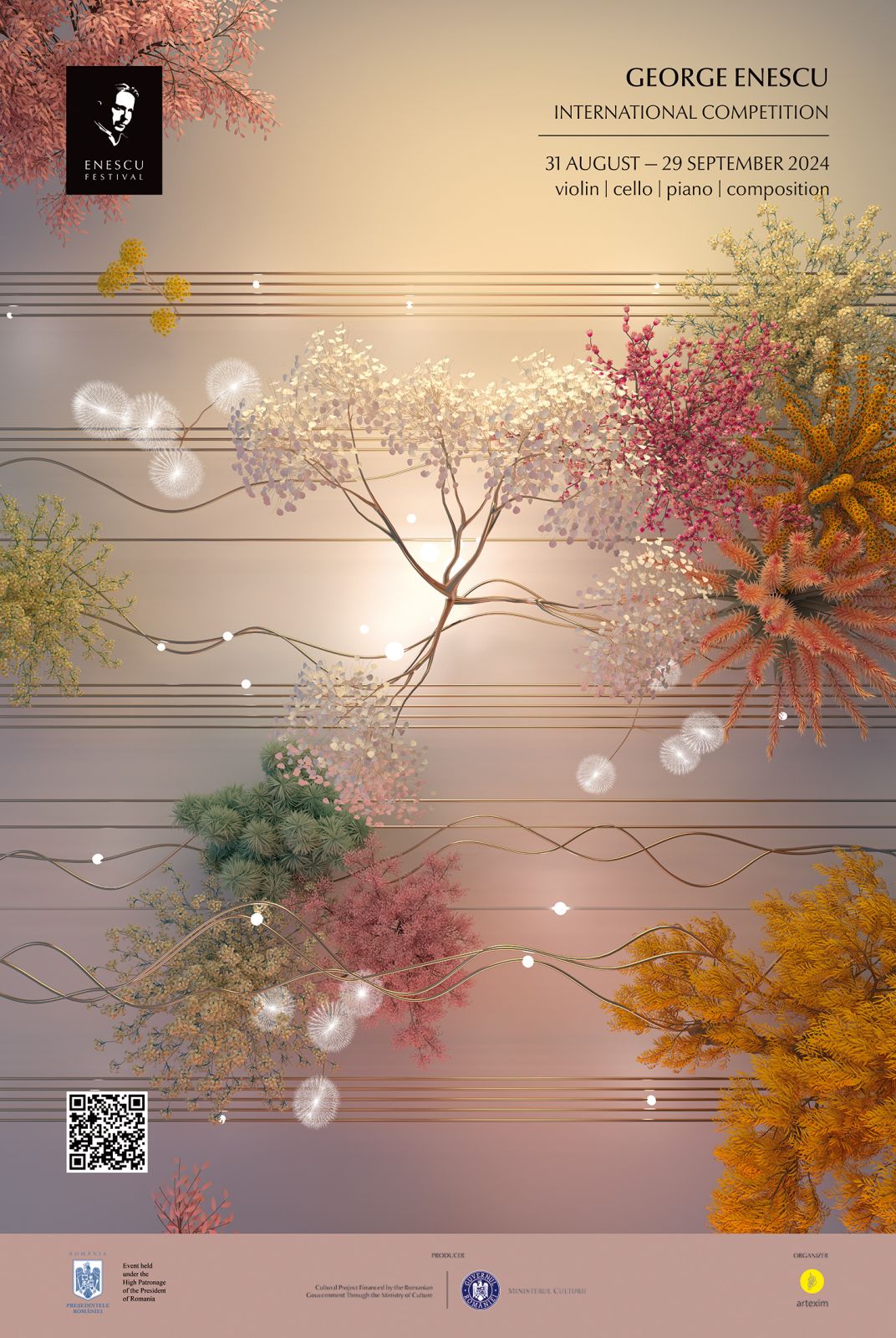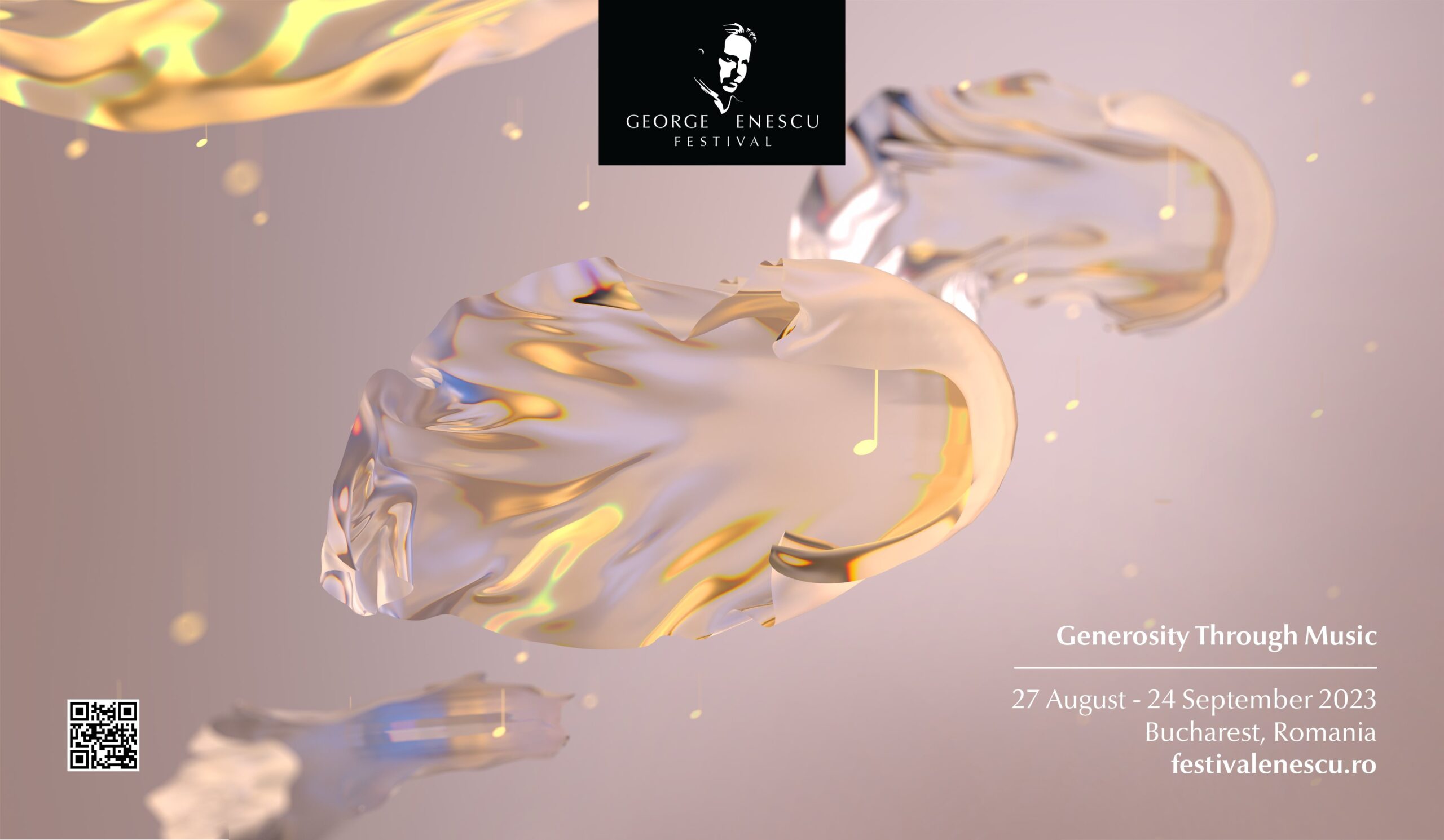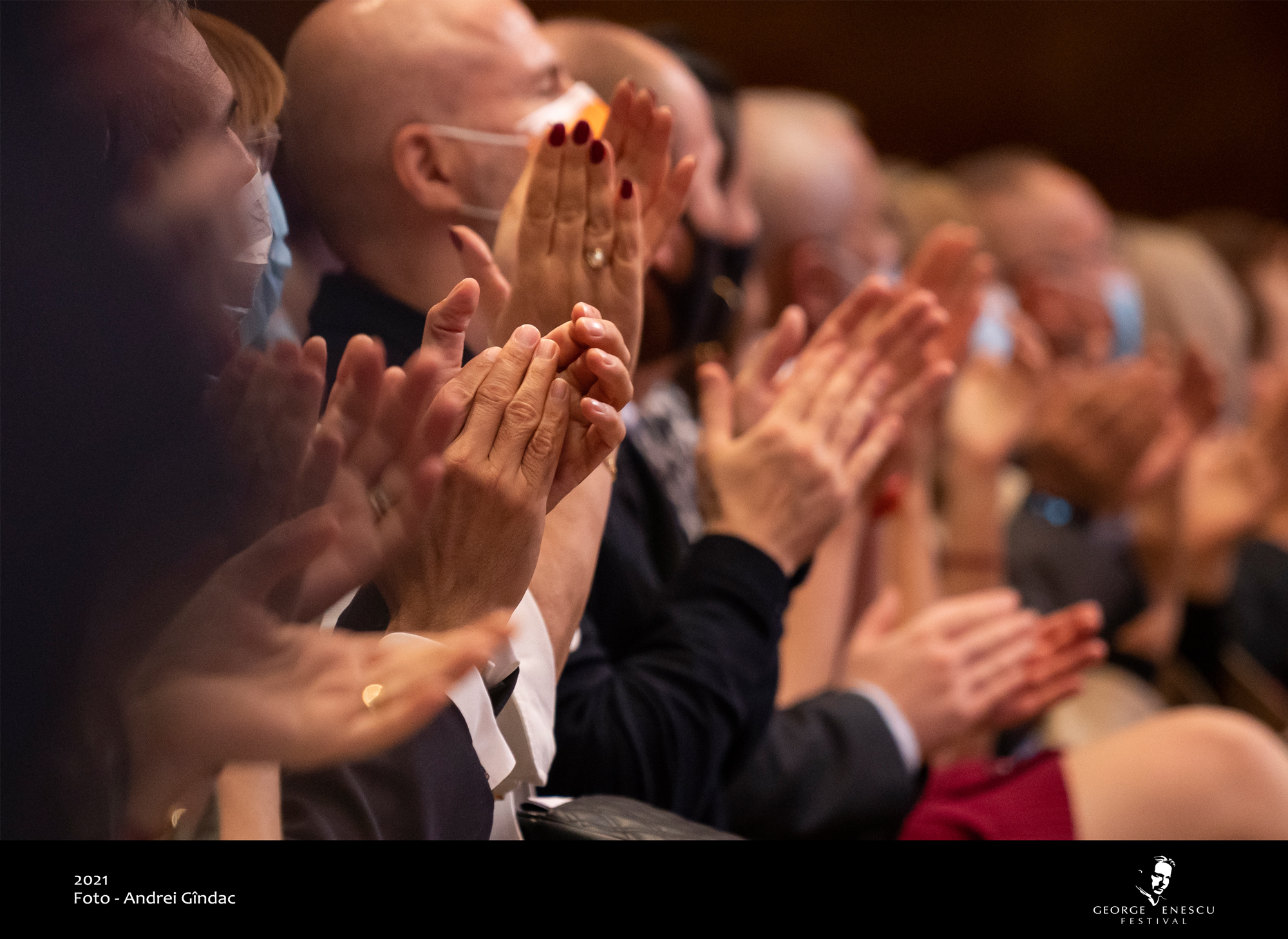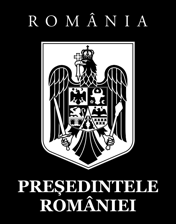The Ensemble Les Talens Lyriques, taking its name from the subtitle of Jean-Philippe Rameau’s opera
Les Fêtes d’Hébé (1739), was formed in 1991 by the harpsichordist and conductor Christophe Rousset.
Championing a broad vocal and instrumental repertoire, spanning the period from early Baroque to the beginnings of Romanticism, the musicians of Les Talens Lyriques aim to throw light on the great masterpieces of musical history, while providing perspective with rarer or little known works that are important as missing links in the European musical heritage. This musicological and editorial work, which contributes to its renown, is a priority for the ensemble.
The repertoire of Les Talens Lyriques includes works by Monteverdi (L’Incoronazione di Poppea, Il Ritorno d’Ulisse in patria, L’Orfeo), Cavalli (La Didone, La Calisto), Landi (La Morte d’Orfeo), Handel (Scipione, Riccardo Primo, Rinaldo, Admeto, Giulio Cesare, Serse, Arianna in Creta, Tamerlano, Ariodante, Semele, Alcina), Lully (Persée, Roland, Bellérophon, Phaéton, Amadis, Armide, Alceste, Isis), Desmarest (Vénus et Adonis), Mondonville (Les Fêtes de Paphos), Cimarosa (Il Mercato di Malmantile, Il Matrimonio segreto), Traetta (Antigona, Ippolito ed Aricia), Jommelli (Armida abbandonata), Martin y Soler (La Capricciosa corretta, Il Tutore burlato), Mozart (Mitridate, Die Entführung aus dem Serail, Così fan tutte, Die Zauberflöte), Salieri (La Grotta di Trofonio, Les Danaïdes, Les Horaces, Tarare), Rameau (Zoroastre, Castor et Pollux, Les Indes galantes, Platée, Pygmalion), Gluck (Bauci e Filemone, Alceste), Beethoven, Cherubini (Médée), García (Il Califfo di Bagdad), Berlioz, Massenet, Gounod (Faust), Saint-Saëns, and others.
The re-creation of these works goes hand in hand with close collaboration with stage directors and choreographers: Pierre Audi, Jean-Marie Villégier, David McVicar, Eric Vigner, Ludovic Lagarde, Mariame Clément, Jean-Pierre Vincent, Macha Makeïeff, Laura Scozzi, Natalie van Parys, Marcial di Fonzo Bo, Claus Guth, Robert Carsen, David Hermann, Christof Loy, Jetske Mijnssen, Alban Richard, David Lescot.
Les Talens Lyriques explore not only opera, but other genres as well: secular madrigals, cantatas, airs de cour, symphonies, and the vast corpus of sacred music (masses, motets, oratorios, Leçons de Ténèbres and so on). Varying in size from just a handful of musicians to over sixty, representing every generation, the ensemble appears all over the world.
The 2019-2020 season goes under the title of “Nations”, for Europe and its nations are particularly prominent in the programmes and travels of Les Talens Lyriques. French music is represented by Jean-Baptiste Lully (Isis) and François Couperin (Les Nations), Italy by Monteverdi (L’Incoronazione di Poppea) and a programme entitled “Les Larmes de la Vierge”, consisting of beautiful but little known works depicting the grief of the Virgin Mary as her son dies on the cross. Johann Sebastian Bach and his son Carl Philipp Emanuel represent Germany with their Magnificat settings and other pieces, while that universal figure and great traveller, George Frideric Handel, represents several nations with his music; his operas Agrippina, Giulio Cesare and Ariodante and his oratorio Saul will be performed this season. The different aesthetics of these composers clearly illustrate the move towards humanism and the Age of Enlightenment, with which Christophe Rousset feels such an affinity.
The idea of “Nations” is also reflected in the diversity of the ensemble’s venues this season: in France, the Théâtre des Champs-Élysées and Théâtre du Châtelet in Paris, the Royal Opera at Versailles, and the Beaune Festival; in Austria, the Vienna Staatsoper and the Theater an der Wien; in Germany, the Leipzig Bach Festival; and for the first time Les Talens Lyriques will be travelling to Romania to take part in the Enescu Festival in Bucharest, and will be performing in Colombia’s capital, Bogota.
The Ensemble’s rich discography comprises some sixty references on various labels (Erato, Fnac Music, Auvidis, Decca, Naïve, Ambroisie, Virgin Classics, Ediciones Singulares (Palazzetto Bru Zane), Outhere and Aparté). Les Talens Lyriques recorded the famous soundtrack for Gérard Corbiau’s film Farinelli (1994), which sold over a million copies.
Since 2007 the musicians of the ensemble have been working on a project aimed at introducing schoolchildren to music through a programme of ambitious artistic actions and innovative educational initiatives. They are in residence in schools in Paris and the Paris region (Île-de-France), where they have created an orchestra class and a small choir, known as “Le petit chœur des Talens”. The three t@lenschool educational applications (downloadable free of charge) have met with much enthusiasm and have received several national and international awards.
In 2019-2020, the Ensemble will be pleased to release recordings of masterpieces such as Gounod’s Faust (PBZ), Lully’s Isis (Aparté), Mozart’s Betulia liberata (Aparté) and Pergolesi’s Stabat Mater (Outhere).
